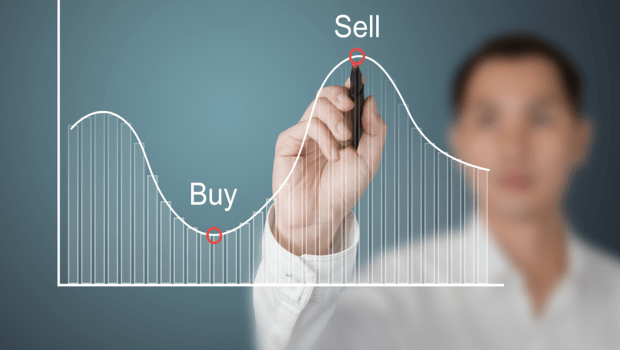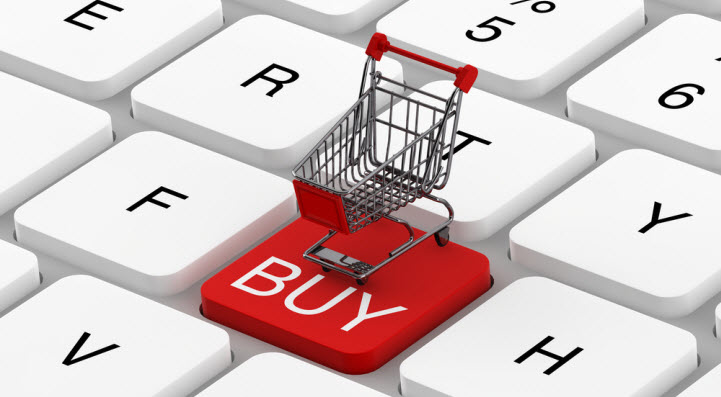-

-
Published on
27/09/2016
by Punchmedia
Selling Your Business - Is it the Right Decision?
Running a business is often a challenging task. A change in both financial and personal situations can have a significant effect on the smooth functioning of a business. In such a situation, making a decision on whether or not to sell your business can be daunting. However, before you put up your business for sale, there are some things that you need to consider.
Establish Whether You Really Want to Put Up Your Business For Sale
There has never been a definite method of determining if it is a good decision to sell your business. Rather, it is a matter of personal opinion. The number of businesses for sale varies continually, and one cannot pin point the best time to put their business on the market. There will be a number of things that influence your decision. It is vital that you consider the following three factors to help you with your decision:
1. Identify the real reason behind selling your business:
It is the most crucial part of the decision making process. When you put up a business for sale, it is important they are for the right reason.
2. Seek advice:
As soon as you have identified the reason for selling your business, it is recommended you speak to professionals, family and friends to get a second opinion. Talking to people will help you resolve if you are making a smart choice that you will not regret in years to come.
3. Look at the financial situation:
Speaking to a business advisor or accountant will allow you to understand if your business is profitable and will be able to survive financially in the future. Knowing the financial situation surrounding the sale of your business can help you determine if you are going to make a profit in the final sale. Once you have established the reasons and made up your mind about selling your business, it is necessary to settle the value of your business. This is a complex process that should involve professionals, however we have briefly identified some key factors in the process below.
Evaluating Your Business
The process of settling on the selling price can be made easier if you are able to work out the value of your business. The following pointers can help you take steps in the right direction
1. Get Professional Advice
Business advisors, business brokers, and accountants are the best professionals to approach when evaluating your business. They are experts in their field and can help analyse the finances of your business. They can help you establish the value of your business by considering the latest trends within your market. They also take a look at the goodwill surrounding your business to help get an estimate about your businesses' potential profits in the future. One of the perks of seeking professional advice is the possibility of finding a potential buyer through the professionals network. Business brokers are most likely to have some clients that would be interested in buying your business, helping you avoid the cost of advertising.
2. Prepare Your Business Information
Whether you get professional advice or not, it important for you to compile all the relevant business information to help value your business. It is recommended that you have all your business documents organised and up to date; this helps in making a good impression in cases where the potential buyers want to value your business. Some of the key documents that you should include in the file are:
Asset and finance:
Have a record of the last 5 years relating to the finances and assets associated with your business, include documents such as:- Cash flow statements
- Debts
- Annual turnover
- Profit and loss statements
- Details of physical assets such as machinery, stock, equipment, etc.
- Details of any intellectual property such as designs or ideas that you may have protected using copyright laws.
Legal Information:
These would mainly consist of documents that indicate the business operates in compliance with the legal framework and requirements outlined by the government, include:- Lease agreements
- Insurance policies
- All the relevant registration documents such as the licenses, permits, etc.
3. Selecting a Specific Method of Valuation
To help you value your business, there are plenty of methods one can choose from. Speaking with a professional can help as they can help you with the best method to use based on your business and the industry your business operates in. However, knowing some of the valuation methods goes a long way in helping you determine the value of your business.
a) Industry Specific Methods:
The value of a business can rely heavily on the industry it operates in. Being aware of the current marketplace value of the industry can help you assess the value of your own business. Most industries usually have a specific set of rules and regulations when it comes to determining the value of a business. It is always recommended to carry out thorough research and gain an understanding of the industry before setting your business up for sale.
b) Calculating Value by Using the Return-On-Investment Method:
A common method of determining the value of a business for sale is calculating the ROI, which uses the net profit to help determine the value.
The formula commonly used is ROI = (net profit /selling price) x 100
c) Calculate Value by Using the Assets of Your Business:
Most businesses have tangible and intangible assets and it is essential to take both of them into consideration when determining the value of the business. Physical items such as property, equipment, and the tools are usually considered to be tangible assets. Items such as intellectual property, brand, and business goodwill are called intangible assets. While measuring intangible assets might be difficult they are considered to be very important in calculating the overall value of a business.
On a concluding note, it is important to understand that every business comes with its own set of challenges. It is always helpful to speak to experts when selling your business so you can know the best options in terms of putting your business up for sale. If you would like more information, get in touch with the team at AnyBusiness today - https://www.anybusiness.com.au/
Related articles



